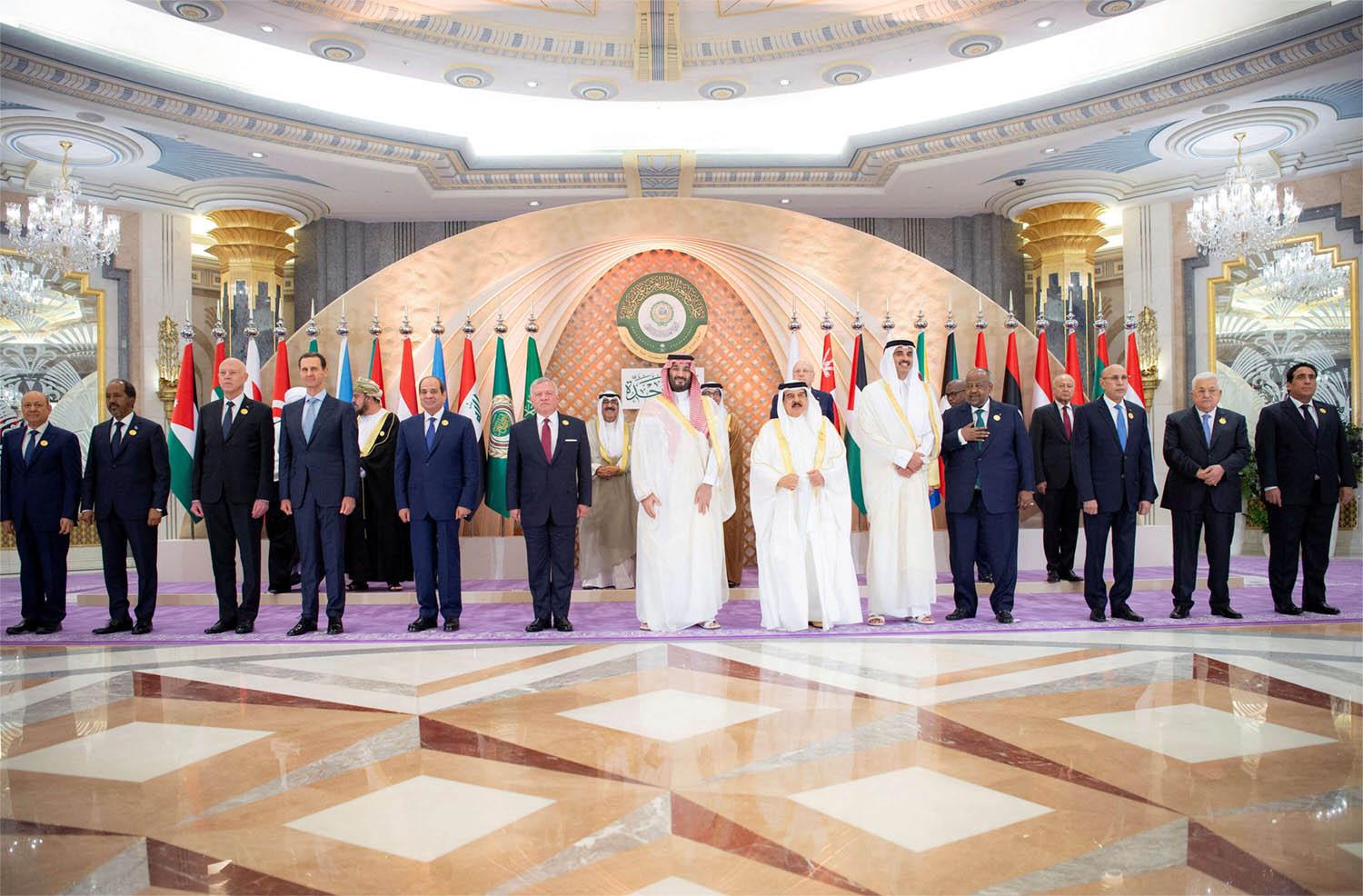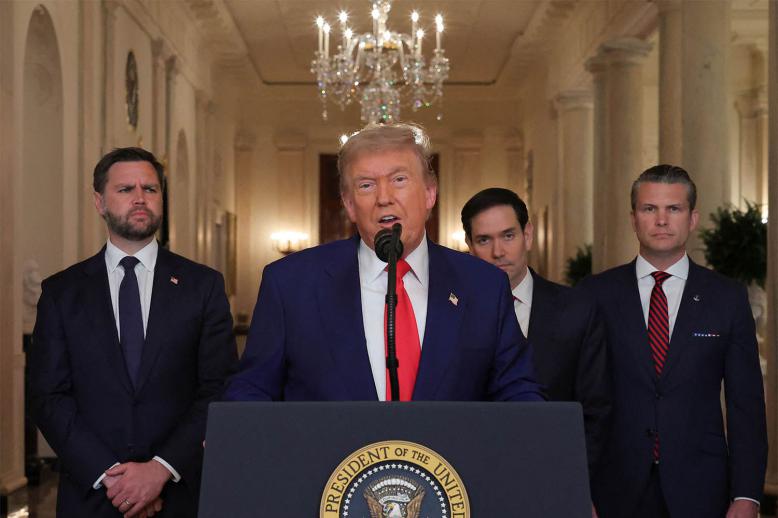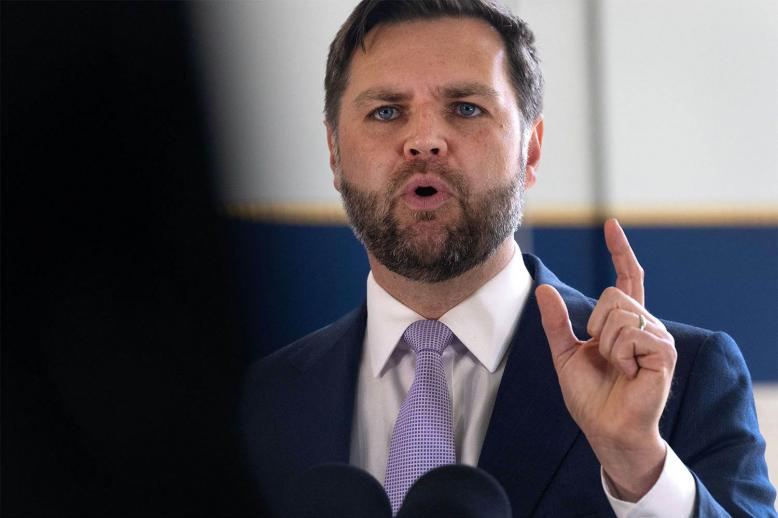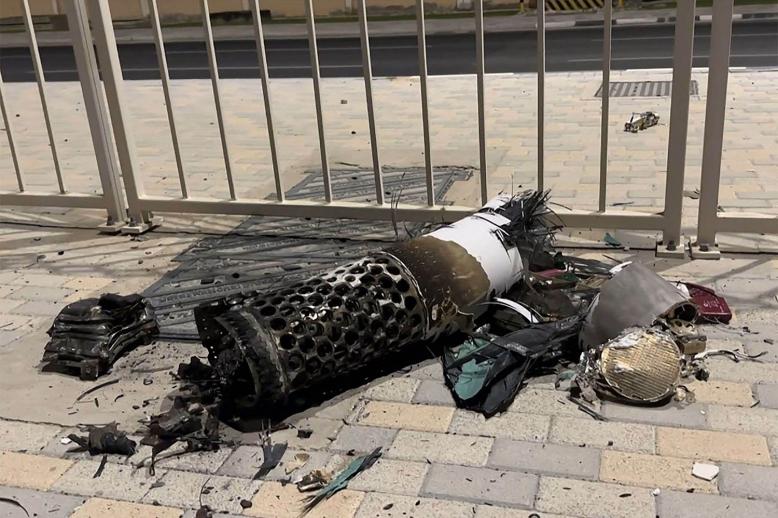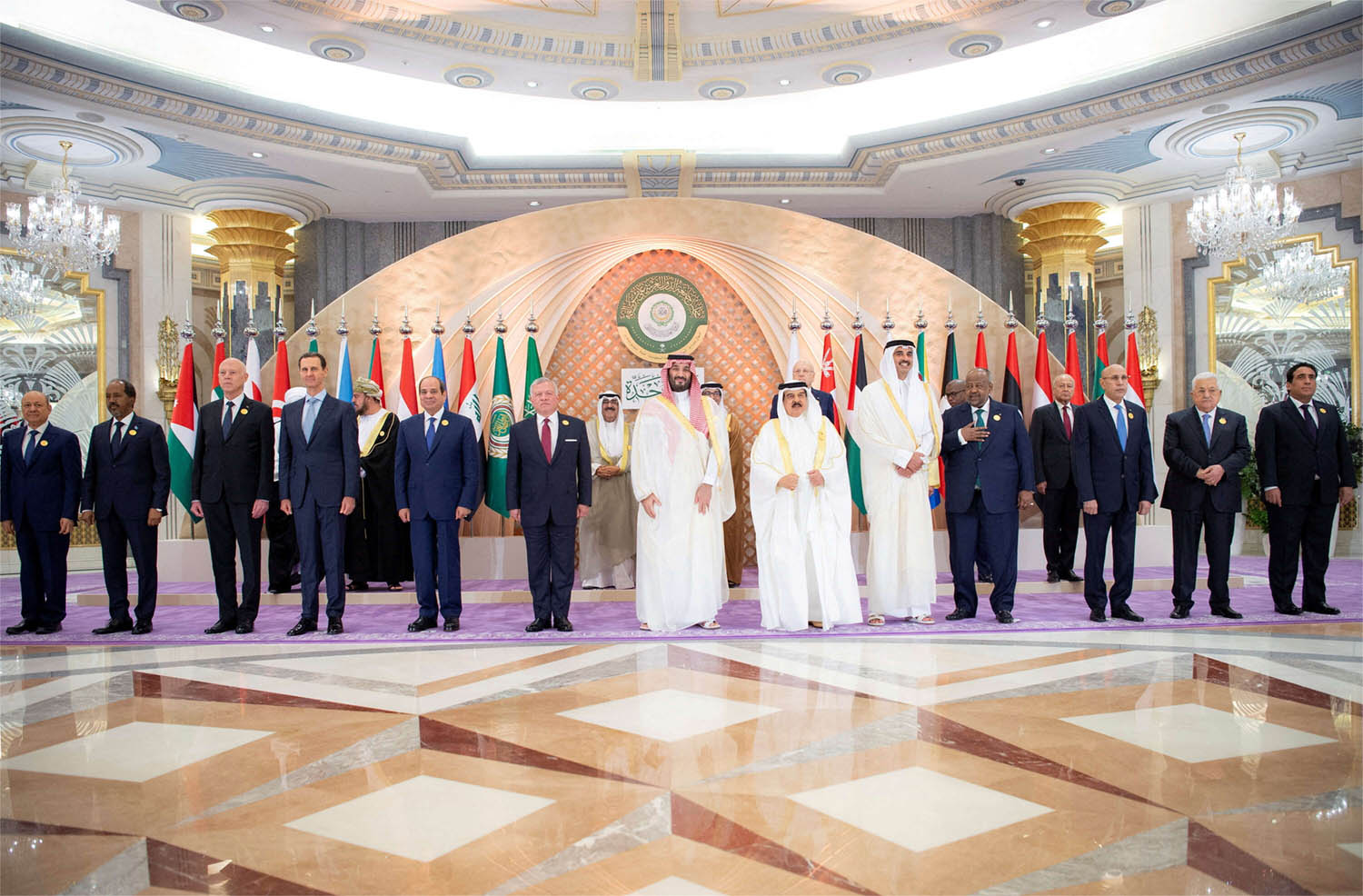Arab leaders but Qatar emir welcome Assad after shunning him for years
JEDDAH - Syrian President Bashar al-Assad said the Arab League summit was a "historic opportunity" to address crises across the region, during his speech at the bloc's summit in Jeddah on Friday.
It is the first time Assad has addressed the bloc since Syria was suspended from the Arab League in 2011 following his crackdown on the protests against him within Syria.
Saudi Crown Prince Mohammed bin Salman shook hands with a beaming Assad as the summit got underway, drawing a line under Arab enmity towards a leader who turned the tide of Syria's civil war with help from Shiite Iran and Russia.
Qatari Emir Sheikh Tamim bin Hamad al-Thani did not hold any bilateral meetings or give a speech at the summit, and his attendance was "a courtesy visit", an Arab official told Reuters on Friday.
The Emir left the summit before Syrian President Bashar al-Assad spoke, the official added.
The summit showcased redoubled Saudi Arabia efforts to exercise sway on the global stage, with Ukrainian President Volodymyr Zelenskiy in attendance and Crown Prince Mohammed restating Riyadh's readiness to mediate in the war with Russia.
Oil powerhouse Saudi Arabia, once heavily influenced by the United States, has taken the diplomatic lead in the Arab world in the past year, re-establishing ties with Iran, welcoming Syria back to the fold, and mediating in the Sudan conflict.
With many Arab states hoping Assad will now take steps to distance Syria from Shiite Iran, Assad said the country's "past, present, and future is Arabism", but without mentioning Tehran - for decades a close Syrian ally.
In an apparent swipe at Turkish President Tayyip Erdogan, who has backed Syrian rebels and sent Turkish forces into swathes of northern Syria, Assad noted the "danger of expansionist Ottoman thought", describing it as influenced by the Muslim Brotherhood - an Islamist group seen as a foe by Damascus and many other Arab states.
Crown Prince Mohammed said he hoped Syria's "return to the Arab League leads to the end of its crisis," 12 years after Arab states suspended Syria as it descended into a civil war that has killed more than 350,000 people.
Saudi Arabia would "not allow our region to turn into a field of conflicts", he said, saying the page had been turned on "painful years of struggle".
Washington has objected to any steps towards normalisation with Assad, saying there must first be progress towards a political solution to the conflict.
"The Americans are dismayed. We (Gulf states) are people living in this region, we're trying to solve our problems as much as we can with the tools available to us in our hands," said a Gulf source close to government circles.
A Gulf analyst told Reuters that Syria risked becoming a subsidiary of Iran, and asked: "Do we want Syria to be less Arab and more Iranian, or ... to come back to the Arab fold?"
Having welcomed back Assad, Arab states also want him to curb a flourishing Syrian trade in narcotics, which are being produced in Syria and smuggled across the region.

